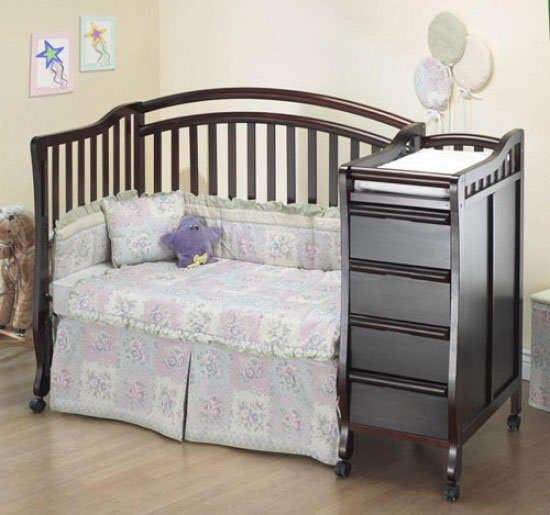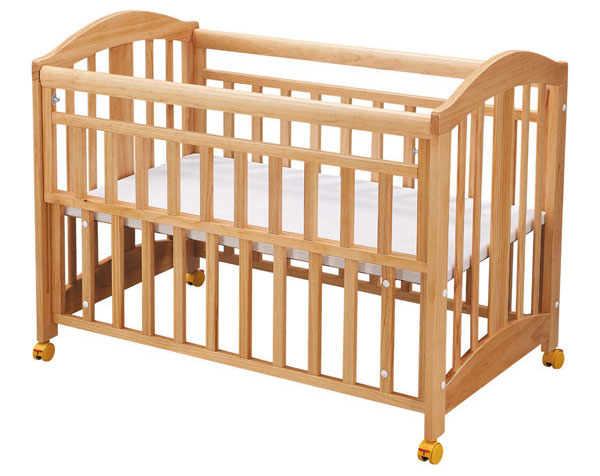Newborns take time adjusting to the new environment. Establishing a sleeping pattern for the baby should be a gradual process. Here, learn about the sleep pattern of newborn babies and know how to establish a sleeping pattern for your baby.How is a newborn baby’s sleep pattern like?
Like adults, newborn babies do not sleep for long hours in one go. Overall, they sleep for 16 to 18 hours. They usually take short naps of two to four hours throughout the day and night. This may continue for several weeks. Therefore, you may also have to get-up in the middle of night quite a few times for attending to her needs. She may go back again to sleep after you comfort her,
feed her or change her nappy. In the beginning you may find it a little tiring but slowly you will get used to it. Your baby may also settle down as the time passes.
Why can’t babies sleep for long hours at a stretch like adults?
Babies undergo a lot of changes. Like adults they cannot sleep for long hours at a stretch due to the crucial neurological developments that are going on in them. So, you need to calm yourself down and adjust in order to meet the needs of your newborn.
When should I try to establish a sleeping pattern for my baby?
You must realize that the world is a bewildering place for your newborn. It is your job to make her feel loved and secure in the initial stages even if it means waking up for the sixth time in four hours at night to attend to her needs. The baby must feel that when she cries out, you care enough to respond. Do not try and discipline her into regulating her
sleeping hours till she is more secure and feels more in control of her surroundings. Your baby must learn to fall asleep on her own, but leaving her to
cry it out is a step that should not be taken until after the first few months have elapsed.
How do I teach my baby the difference between night and day?
Make a clear distinction between day and night. During the day make her sleep in a pram, pushchair or outdoors. Avoid darkening the room and reducing the noise level when she naps in the day. When she wakes up, engage her in stimulating activity. Do the opposite at night. When you put your baby to sleep, ensure that she is contented and comfortable, darken the room and quiet things down. When she wakes up at night, feed her without playing with her or distracting her in any other way.
You can also establish a bedtime routine. An ideal way to begin is by giving your baby a warm bath to relax her. Cuddle her and read her a bedtime story or sing her a lullaby. Make saying goodnight a part of the bedtime ritual. Teach your baby to kiss everybody goodnight before you leave the room. Turn on a night light if you think your baby is scared of the dark.
When do babies learn to sleep for longer?
After 7 to 9 weeks your baby will continue to get-up at night when she is hungry. Babies may also get-up when they feel uncomfortable due to wet nappies. Although, it is not advisable to use diapers or
nappy pads for very small babies, using
diapers, nappy pads or nappy liners at night may help to reduce the frequency of babies getting-up at night. You may seek your doctor’s advice on diaper usage at night.
After the period of 5 to 8 months your baby may learn to sleep for longer hours. During this time babies may sleep for at least 8 to 12 hours at night. Some babies may take even longer to develop this pattern.
All babies are not the same. Some babies may take even longer to start sleeping for long hours at a stretch. Some babies may even continue to get-up at night even after completing 1 year of their age. But there is no need to worry as you will not even come to know when the time flies and your baby gets habituated to a good sleep pattern.






























